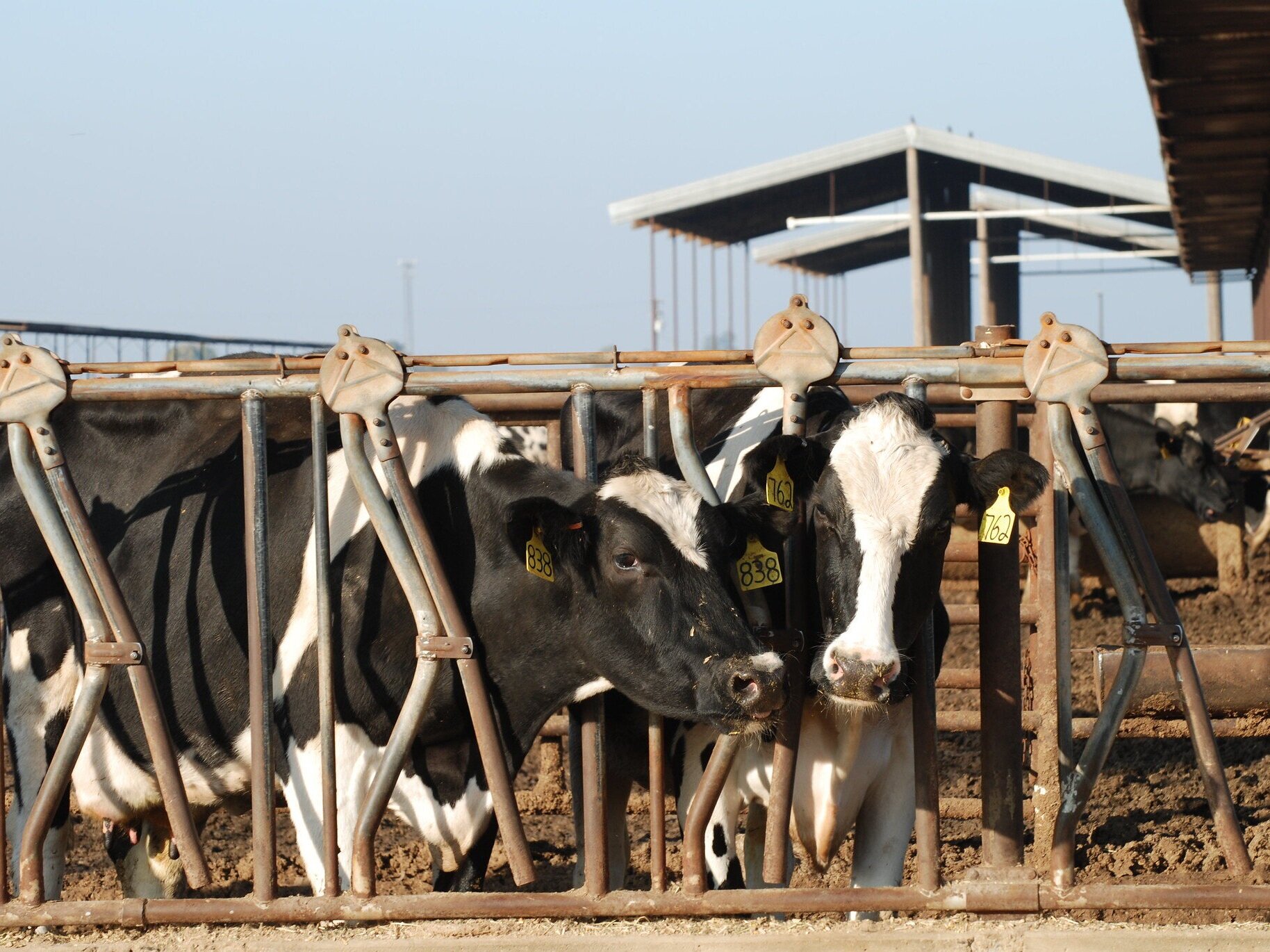Policy
CWC’s 2025 Legislative Agenda
CWC supports California state legislation that plans, prepares, and protects water access for vulnerable communities. Alongside impacted communities, allies, and state decision-makers, we’re working to protect and advocate for safe and affordable drinking water.
Water Affordability
Right now, some communities have to choose between safe water or affordable water. We believe no one should have to make that choice. Affordability is a big factor when it comes to safe water access. Research shows that the inability to pay water bills has clear links to eviction and homelessness in California and across the country, underscoring the need for urgent action. As a long-term solution, CWC is helping lead a campaign to establish a statewide, low-income rate assistance program.
Sustainable Groundwater Management Act (SGMA)
Passed in 2014 amid CA’s historic drought, SGMA aims to protect our shared groundwater resources for the first time by regulating its use. This law is vitally important given that 90% of San Joaquin Valley residents rely in whole, or in part, on groundwater as their primary drinking water source. As the law is being implemented, we’re ensuring that the state protects groundwater supplies that communities rely on for drinking water from over extraction and seawater intrusion, which is a major threat to freshwater supplies in the Central Coast.
See more SGMA resources here.
Safe and Affordable Funding for Equity and Resilience (SAFER) Program
Alongside impacted communities and allies, we advocated for passing the Safe and Affordable Drinking Water Fund (SB 200, now the SAFER program). This innovative new fund will provide $1.4 billion over 10 years to address the most intractable drinking water needs facing low-income Californians. We continue to stay engaged in the program to help ensure funding reaches the communities in greatest need and as soon as possible.
Drought Planning and Preparedness
No one should be without safe running water during a drought. That’s why CWC supports policy and legislation that plans, prepares, and protects water access for vulnerable communities during a time of drought, especially highly vulnerable areas such as the Joaquin Valley.
Protecting Drinking Water in Agricultural Regions
Water contamination in the San Joaquin Valley and Central Coast is often the result of past and present agricultural and industrial activity, such as the use of fertilizers and pesticides as well as large-scale animal feed operations. We’re working on a variety of solutions, many in partnership with the agricultural industry, to protect drinking water sources.
Protection from Unregulated Contaminants
In order to protect the health of our communities, contaminants must be regulated by setting Maximum Contaminant Levels (MCLs). Currently, hexavalent chromium (chrome 6) and the thousands of chemicals known as PFAS have no enforceable legal limits, which means it is not required to be addressed if found in drinking water. We’re working with the State Water Board’s Division of Drinking Water and community partners to ensure strong, health-protective MCLs are set for these common drinking water contaminants.







